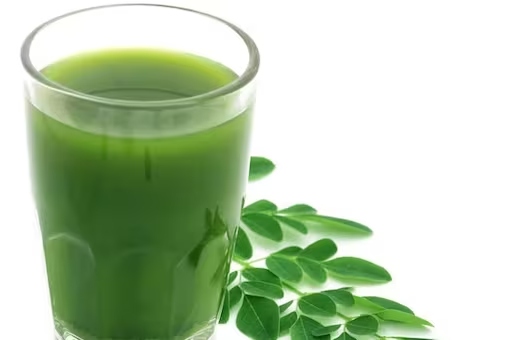Moringa, also called drumstick tree, oil tree, miracle tree, and horseradish tree, has been used for centuries for its various health benefits. It contains many useful compounds like Vitamin A, Vitamin B1, Vitamin C, Calcium, Potassium, Iron, Phosphorus, Magnesium, Vitamin B2, and Vitamin B3. It is low in fat and does not contain any harmful cholesterol.
List of various health benefits of moringa
Protects Liver
Moringa protects the liver against non-alcoholic fatty liver disease. People who consume moringa have lower cholesterol and less inflammation in their livers.
Treats Nervous System Disorders
Antioxidants present in moringa prevent disorders that may affect the nervous system, like multiple depressions, neuropathic pain, and Alzheimer’s disease. It has some neuroprotective properties as well.
Treat diabetes
A few of the properties present in the extract of moringa leaves benefit humans with diabetes, and they also assist in managing blood sugar and insulin levels, which protect against the damaging of organs.
Prevent Kidney Stones
Laboratory tests have shown that moringa extracts prevent kidney stones as they stop minerals from building up and causing stones in the kidney.
Improves eye health
Moringa contains beta-carotene antioxidants, which are crucial for maintaining eye health and preventing eye diseases.
Helps in treating anaemia
The antioxidant properties present in moringa help in removing excess iron and other various factors, and they also help in curing sickle cell disease.
Treat asthma
It contains molecules that help prevent airway inflammation and asthma. According to a study, it has been found that lung functions improve after moringa extract is consumed.
Nourish and protect skin and hair.
Moringa seed oil helps heal skin wounds quickly and also reduces oxidative stress. According to some experts, Moringa seeds have benefits for hair.
Protect the cardiovascular system
It contains antioxidants and anti-inflammatory agents such as quercetin, which help protect cardiovascular health. It helps in preventing lipid formation and inflammation, which contribute to heart disease, and it also has cholesterol-lowering properties.


